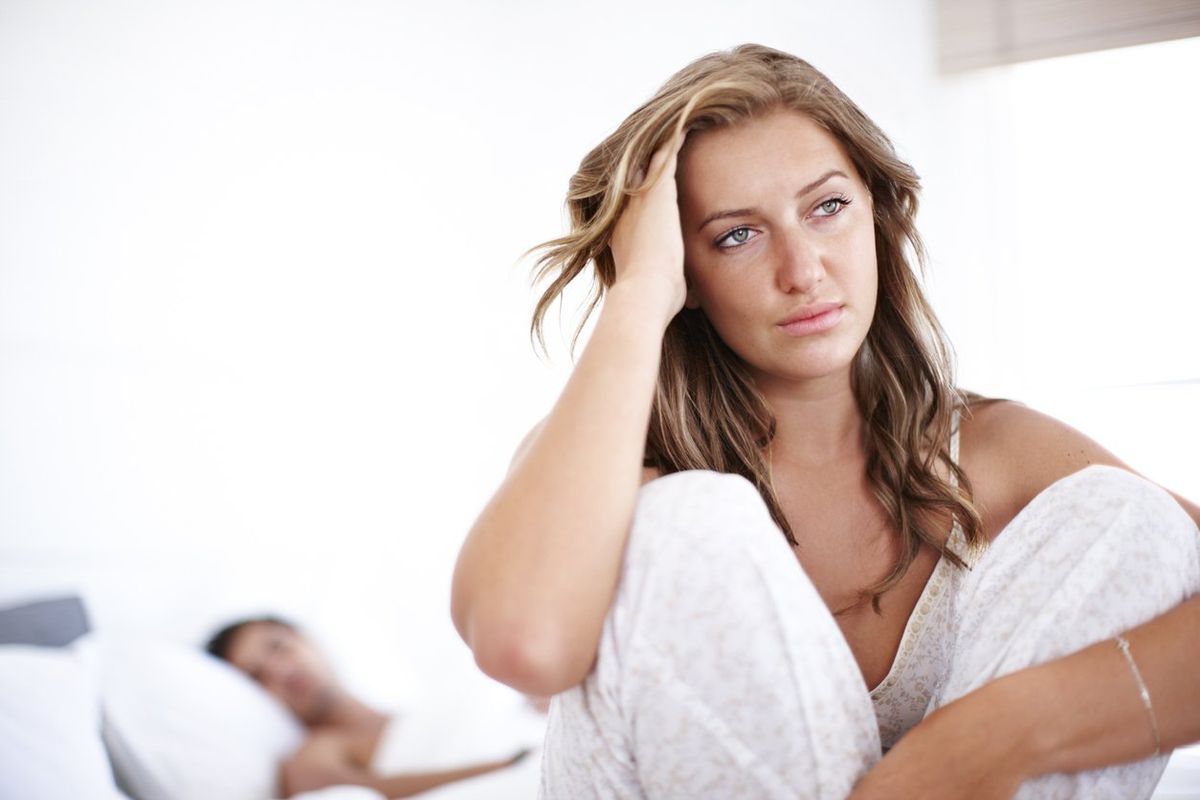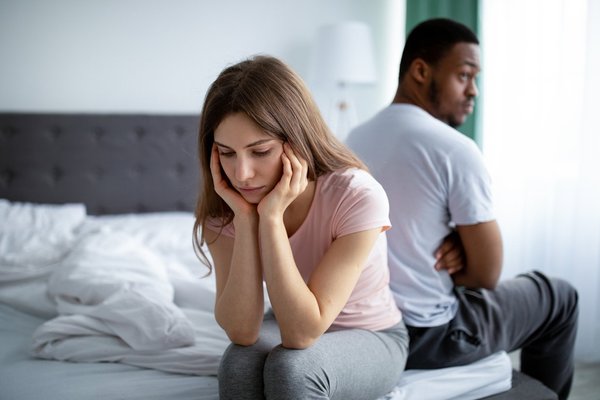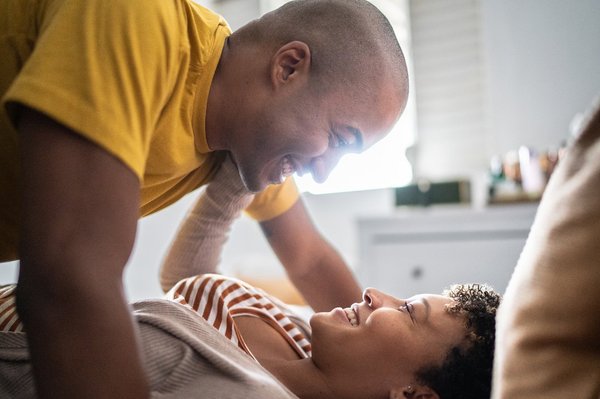Q:
I am 21 years old and have recently been having issues becoming aroused during all types of sexual activity. The drive is still there, however. I am concerned because I am so young and I have never had issues before. I started taking birth control about a year ago and I heard somewhere that this can actually prevent a woman from becoming aroused during sexual acts. Is this true? Also, is there anything I can do?
A:
The fact that you say the drive is still there—i.e., you still want to have sex—makes me suspect that there's something physical going on. You don't say what your specific problem is, but I'm going to assume that your issues in becoming "aroused" are related to vaginal dryness.
The most common cause of vaginal dryness is menopause, when the production of estrogen drops significantly. Estrogen is the primary hormone involved in maintaining the flexibility, thickness and moistness of the vaginal walls. As levels drop, many women find they suffer from this dryness.
However, such dryness is rare in younger women. One possible cause could be an autoimmune condition called Sjögren's syndrome, a chronic disease in which white blood cells attack moisture producing glands. Dry eyes and a dry mouth are the classic symptoms, but the disease also attacks other organs. One of the few studies conducted on sexuality in women with the condition found very high rates of vaginal dryness.
The data on the effects of oral contraceptives on desire and arousal is limited and mixed. One of the few studies that specifically addressed sexual response found that women taking the Pill reported a decrease in libido, sexual response and sexual activity during their first two to three years on the medication; but that after five years on the pill, their sexual response was greater.
I have a couple of recommendations. First, I suggest you undergo a complete medical examination with your health care professional, including a Pap test and internal gynecological exam. Make sure you tell your medical professional about the problem you're having. If no problems arise, you may wish to talk to your health care professional about discontinuing the Pill or trying a different low-dose Pill, and/or trying an alternative form of contraception.
Second, you and your partner should discuss any issues you're having in your relationship. Sometimes hidden concerns can be reflected in your body's response to sexual activity. If, indeed, you find that you are having problems, and you don't feel you can deal with them on your own, I recommend you seek counseling from an AASECT certified person. See www.AASECT.org for a certified sex counselor or sex therapist in your geographic area.







